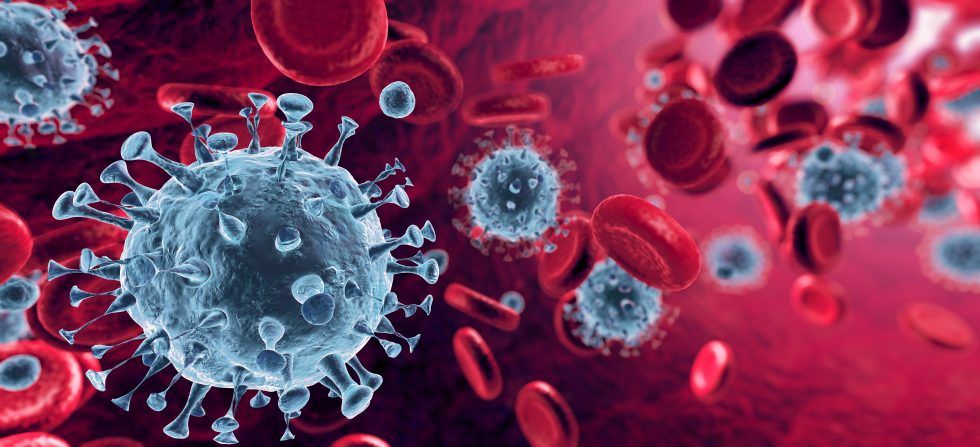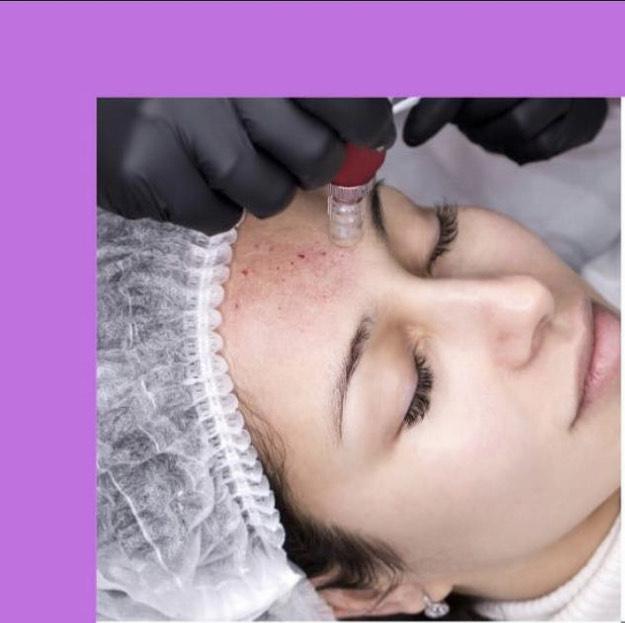Is acne driving you crazy?
Acne is a multifactorial disease that can vary from mild breakouts to severe, scarring lesions. This is one of our most commonly seen problems in dermatology. It affects all ages, genders, and races. Most of the population considers it a “teenage problem” but it can occur at any point in one’s life, and it is not the result of poor hygiene.
So, what causes acne?
It is an inflammatory response within the pilosebaceous unit that is made up of a hair follicle and oil gland. Within this unit, there is a build up dead skin cells, increased oil production, and overgrowth of bacteria which all leads to inflammation. This process causes a variety of skin manifestations, such as whiteheads, pustules, papules, and cysts, depending on the severity. Acne can be worsened by hormones, trauma (a.k.a. squeezing and picking at pimples), environment (things such as makeup, irritating facial products or lotions, wearing masks and helmets), and diet. Diet has always been an area of interest and there is a known link with low-fat dairy products. A recent publication in JAMA Dermatology discussed an association (NOT causation) with adult acne from milk, along with sugary beverages and fatty foods.
There are different types of acne:
- Comedonal – blackheads (open comedones) and whiteheads (closed comedones)
- Inflammatory – papules, nodules, and pustules
- Nodulocystic – painful, deeper nodules and cysts that often lead to scarring
- Hormonal – seen in woman, commonly along the jawline, flares around their menstrual cycle
Treatments include a mixture of over the counter products and prescription medications. All treatment starts with a consistent routine of washing your face morning and night. After that, it depends on the type of acne you have and your skin type (e.g. sensitive, oily, dry), as this will determine what type of products you will be able to tolerate. Listed below are typical (but not complete) items dermatologists use to treat acne.
- Exfoliants – topical salicyclic acid, glycolic acid
- Anti-bacterial and Anti-inflammatory Products – topical benzoyl peroxide, sulfur, azelaic acid, clindamycin, erythromycin; oral antibiotics (doxycycline, minocycline)
- Retinoids – topical (adapalene, tretinoin, tazarotene); systemic (Accutane/isotretinoin)
- Hormone Targeting Medications– effective in female patients; spironolactone, oral contraceptive pills, new topical antiandrogens being studied
Mild acne can usually be treated with over the counter products. Some of these include face washes that have active ingredients like salicylic acid, benzoyl peroxide, or sulfur. There is one prescription-strength retinoid that is now found in drug stores, Differin (adapalene 0.1%) gel. Other drug store brands carry retinol products (will need another blog post to discuss those differences!) and are a good start if you are new to retinols/retinoids. Starting a new skincare regimen can be irritating, cause dryness, so definitely do not skip moisturizing after your AM and PM routine (preferably a non-comedogenic one). Topical treatments take 8 weeks of consistent use before seeing significant improvement. However, most inflammatory acne, and certainly nodulocystic and hormonal acne, will require a prescription at some point. Do not delay in seeking professional medical help as acne scarring can be difficult to treat.
A question that frequently comes up: how do I get rid of the dark spots?! This is called post inflammatory hyperpigmentation (PIH), and is not permanent scarring. It is the result of inflammatory acne as it causes excess production of melanin. This is commonly seen in skin of color due to the increase of melanin and sensitivity of melanocytes. This can be disheartening as it may takes weeks to months for the pigmentation to fade on its own. Most patients seek assistance with speeding up this process. General guidelines include upkeep of skincare routine to prevent further acne and daily sunscreen (physical blockers, zinc or titanium oxide, provider better protection) to prevent darkening from UV rays. From there, we can add a variety of topicals to help aid in the lightening of dark spots, along with chemical peels for more aggressive treatment. Ingredients we often use for PIH are salicylic acid, glycolic acid, azelaic acid, retinoids, and hydroquinone. Other topicals includes vitamin C, kojic acid, arbutin, and resorcinol. Working with your dermatologist, you can find a routine that fits your skin type and budget.
If your acne is not under control or you are noticing scarring, please see a board-certified dermatologist to get a treatment regimen started!
Call or email us if you need an appointment
810.355.4300
dsbtelederm@thedermspecialists.com
The post Is acne driving you crazy? appeared first on Dermatology Specialists of Brighton.




